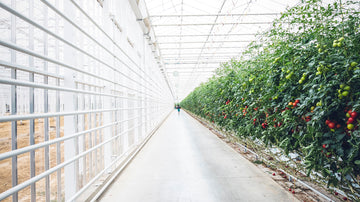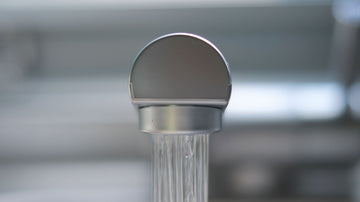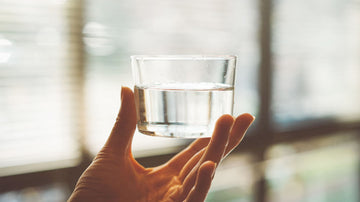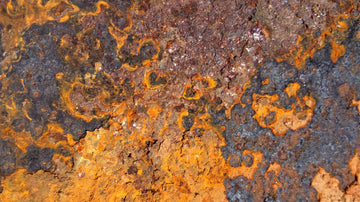
What are pesticides?
The term pesticide comes from the English word for vermin (“pests”). Pesticides are chemical substances developed by humans to kill or at least inhibit the growth and spread of organisms. The effect of the pesticides can be very different. Pesticides can, for example, impair the permeability of cell membranes and thus prevent the conduction of impulses or they disrupt the transmission of impulses at synapses. Furthermore, pesticides can not only inhibit growth, but protein synthesis in general or even shut it down completely. Pesticides are often classified according to their target organisms as herbicides (against plants), fungicides (against fungi) or insecticides (against insects). In their mode of action, however, pesticides do not only damage nature. It has been scientifically proven that even the smallest amounts can harm us humans and act like neurotoxins. For example, pesticides can cause neurological and cognitive disorders, Parkinson's, Alzheimer's, reproductive disorders and certain forms of cancer.
How do pesticides get into our drinking water?
Our agriculture uses pesticides extensively to protect their crops from predators and losses. Approximately 2,000 tons of it are used in Switzerland every year. The private user is not entirely innocent either: hobby gardeners and rose growers also like to use the little chemical helpers from the supermarket. This is how a real cocktail of poison comes together in the Swiss fields and gardens, sometimes with up to over 100 substances. Heavy rains then wash these herbicides, fungicides and insecticides from fields into surface waters (rivers, streams and lakes) and into springs. From there, the toxins get into the cycle, with frightening consequences: in Switzerland, around one million people are currently drinking drinking water that exceeds the limit values for pesticides.

What can be done about pesticides in drinking water?
Pesticides are molecular contaminants in drinking water. They are smaller than microplastics, smaller than bacteria and even much smaller than viruses. This makes it extremely difficult to efficiently remove these substances from the water. Neither our wastewater treatment plants nor our waterworks are able to remove pesticides from the water. They are not even designed for this, because awareness of the harmful effects on the human organism has only emerged in recent years. In addition, the question of costs also plays a role: Hardly any municipality wants to afford an expensive and state-of-the-art water treatment system and have it constantly maintained by trained personnel.

There are some known and scientifically validated methods for removing pesticides from drinking water. One example is the use of highly porous activated carbon. Activated carbon has an immense specific surface area (comparable to a sponge) and has the property of binding numerous chemical substances to its large surface area. Activated carbon is therefore installed in the water flow in such a way that as much carbon as possible is surrounded by the water and the water spends as much time as possible in contact with the activated carbon (so-called residence time). This binds the pesticides firmly to the activated carbon and removes them efficiently and specifically from the water flow. Activated carbon is a natural product. In the case of DrinkPure, the activated carbon built into the filter is obtained from the remains of coconut shells. This allows DrinkPure to reduce the pesticide content in drinking water by more than 90%, even with input concentrations that are 20 times the limit value. Here it goes to Test report pesticides.

DrinkPure also filters other substances out of the water. Here you can find an overview of what DrinkPure can filter.




